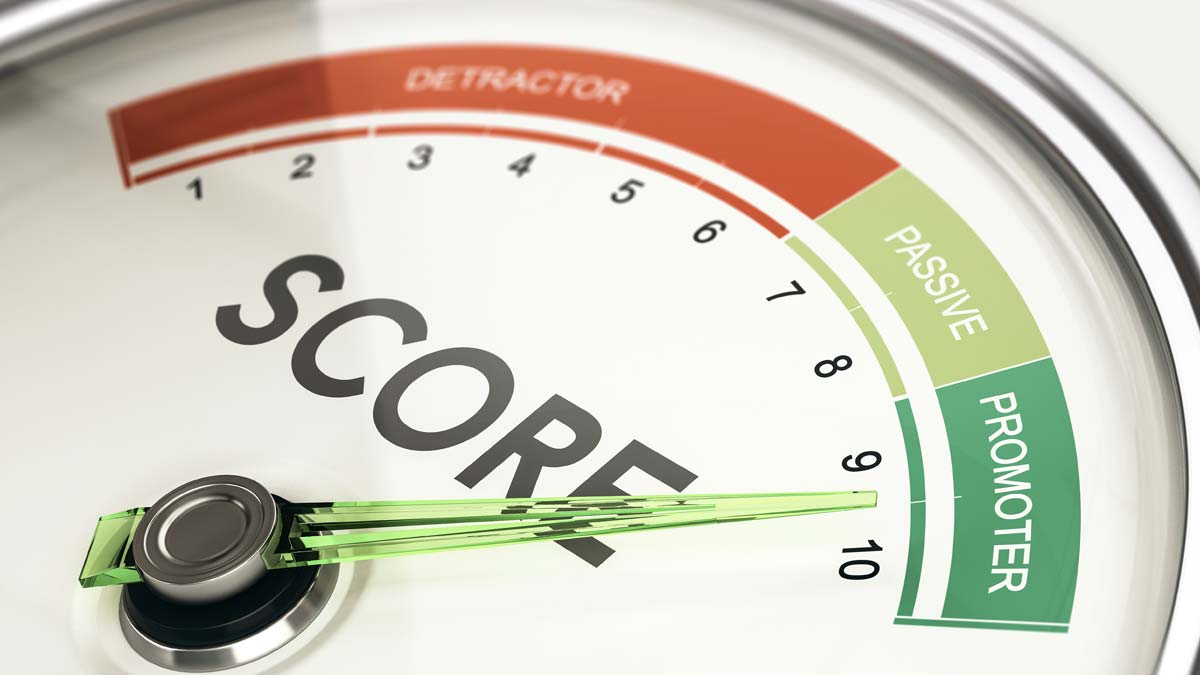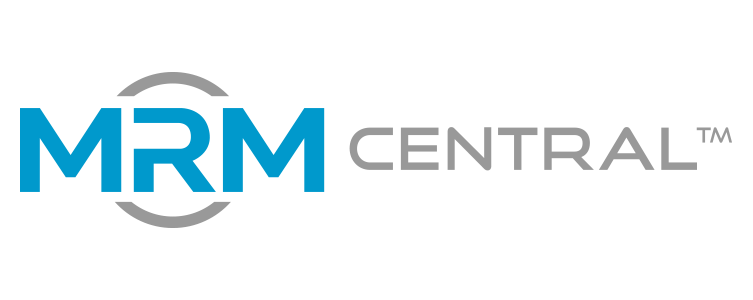13 Nov Net Promoter Score (NPS): A Powerful Metric for Predicting Success
Net Promoter Score (NPS): A Powerful Metric for Predicting Success
How do your customers really feel about your brand? Are they merely satisfied with the experience you give them, or have you inspired deeper loyalty and engagement—the kind that makes them sing your praises to their friends and colleagues?
There are quite a few metrics designed to help you figure that out, but Net Promoter Score (NPS) is arguably the best predictor of a company’s long-term growth. And by tracking NPS over time, you can tweak your products or services, messaging, and customer support systems to increase loyalty, engagement, and profits.
In this post, we’ll cover the following…
What is NPS?
NPS is a metric that shows how willing your customers are to recommend your company’s products or services to friends and colleagues, and it all begins with a single question.
An NPS survey asks: “How likely are you to recommend this product or company to a friend or colleague on a scale of 0-10.”
Based on their replies, customers are categorized as:
- Detractors (customers who responded 0-6)
- Neutrals (customers who responded 7-8)
- Promoters (customers who responded 9-10)

To figure out your NPS, calculate your percentage of Detractors, Neutrals, and Promoters. Then subtract the percentage of Detractors from the percentage of Promoters to get your Net Promoter Score.
NPS = % Promoters – % Detractors
Example: A company surveys 1,000 customers, asking how likely they are to recommend the company’s products to friends or colleagues. 200 respondents (20%) answered 0-6, another 300 (30% ) answered 7-8, and 500 (50%) answered 9 or 10.
This Company’s NPS is 50 – 20 = 30.
Be aware that if your detectors exceed your promoters, your NPS could be a negative number. NPS can range from -100 (all detractors) to +100 (all promoters).
Note: A solid NPS survey includes an additional question, which we’ll discuss below—see NPS Follow-up Questions.
NPS: A benchmark for improvement
Why take the time to calculate NPS? As a popular metric, there’s lots of data out there that allow you to compare your NPS to those of your competitors.
Studies show that being at the top of your industry conveys all kinds of benefits, including greater customer loyalty, happier employees with lower turnover (since working for an industry leader is a source of pride), and greater long-term success. Once you calculate your NPS, it’s time to implement systems for improving that number.
NPS follow-up questions
Your NPS survey isn’t complete with that first question asking for a 0-10 rating. After all, if all you did was learn how people felt about you, you wouldn’t be able to improve anything. As such, every NPS survey should ask one of two additional questions.
When customers rate you 0-8, ask: “What could we do to improve your experience?”
When customers rate you 9 or 10, ask: “What did you like about your experience?”
These open-ended questions will tell you what you’re doing right and what you need to improve, so gather the data and look for patterns. Later, you can design additional surveys to ask customers about these topics and see whether addressing them will have widespread appeal.
What is a good score?
It’s difficult to say without looking at data from your industry because NPS varies widely based on the sector. For example, a Rently.com studied showed average NPS scores for the hospitality industry coming in at 4, while eCommerce companies averaged a whopping 63.
There are many different reasons for the wide variation across industries (e.g., limited competition in some industries, fewer opportunities to thrill customers, news stories that influence public perception). The important thing to remember is that you want to compare your score with your competitors’ scores. The raw score alone doesn’t predict much in terms of overall success, but studies show that your relative position within your industry has a substantial impact on long-term growth and overall success.

Improving your NPS: Developing an NPS culture
NPS advocates talk about NPS not just as a score, but as a system for shifting a company’s culture to build a more customer-centric organization. They use NPS survey data and customer feedback to train Customer Support staff, improve their messaging, guide product development, and craft company policies. It requires commitment from the top down, but that kind of focus and drive can really pay off in the end.
2 Reasonable Criticisms of NPS
Just like anything that makes it big, NPS isn’t without its critics. In the interest of fairness, here are a two common critiques (and how we feel about to them).
Critique #1: People are bad at predicting future behavior
NPS asks people to predict how likely they are to recommend a product or service in the future, and countless studies show that people are terrible at predicting their own future behavior.
Our thoughts? It’s true—the best science reveals humans are truly awful at figuring out what they’re going to do or how they’ll feel next week, next month, or next year.
However… NPS does not actually set out to determine whether people will recommend a company to their friends or colleagues—all it does is ask whether people intend to do so. Based on the data you receive about their intentions, you can figure out how satisfied they are with your brand, products, and services.
See the difference? Let’s take adolescents—a notoriously fickle group of people. If you ask 1,000 teenage couples about their likelihood of marrying their high school sweetheart, you could figure out a lot about their subjective emotional state as it relates to their current partner… regardless of the outcome!
Most (probably all?) of them will go their separate ways in the years to come, but the outcome is irrelevant if all you want to know is their emotional state.
NPS reveals the current emotional state that customers have toward your brand, and when you compile the aggregate data of all your customers’ current emotional states, you get a metric that tells you how much they like you. That metric can predict how successful you’ll be if you stay on your current path and how you measure up to your competitors.

Critique #2: Self-reported Net Promoter Scores are not to be trusted
NPS is a very popular metric, and many companies run their own surveys. The trouble is that they don’t always do it scientifically. Their goal is to get the highest score possible, so they do things to boost customer satisfaction before dropping the NPS questions. As such, self-reported NPS scores are not to be trusted.
Our thoughts? This criticism is completely valid, and you shouldn’t benchmark your own success compared to another company’s self-reported score.
Fortunately, there’s plenty of independent research out there with tightly controlled variables in their studies. These researchers use double-blind research methods so that the people conducting the research do not know who is funding it, producing far more scientific results.
Use that data to benchmark your result… and forget the rest!
Note: You can still conduct your own surveys, just know that they won’t be as accurate as the more scientific, industry-wide benchmark studies. The goal is to get an idea of where you stand and how you can improve. A good-faith, statistically significant do-it-yourself NPS survey will give you that information.
What about peer reviewed researched?
In additional to the two critiques listed above, some people claim that NPS hasn’t been put to proper scientific rigor and peer review, but that simply isn’t true. If you’ve got a few hours to pour over the data, here is a paper suggesting that NPS is an excellent predictor of revenue growth.
Of course, there are papers that challenge this conclusion as well, arguing that NPS isn’t any better than other commonly used metrics. The scientific method will continue to do its part in hashing out the data and helping us distinguishing fact from fiction, but even if NPS eventually loses its status as the single best predictor of growth, its wide use makes it a powerful tool for comparing your reputation to that of your competitors.
Click here to sign up for a free demo.
Further reading
You can learn more about NPS from the people who invented it. Bain & Company runs the Net Promoter System website, which houses a blog, a forum, videos, and other resources. You may also want to check out The Ultimate Question 2.0: How Net Promoter Companies Thrive in a Customer-driven World, a book by NPS creator Fred Reichheld.

